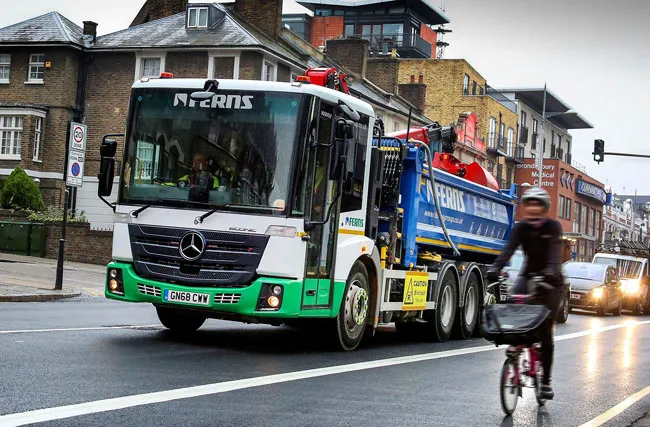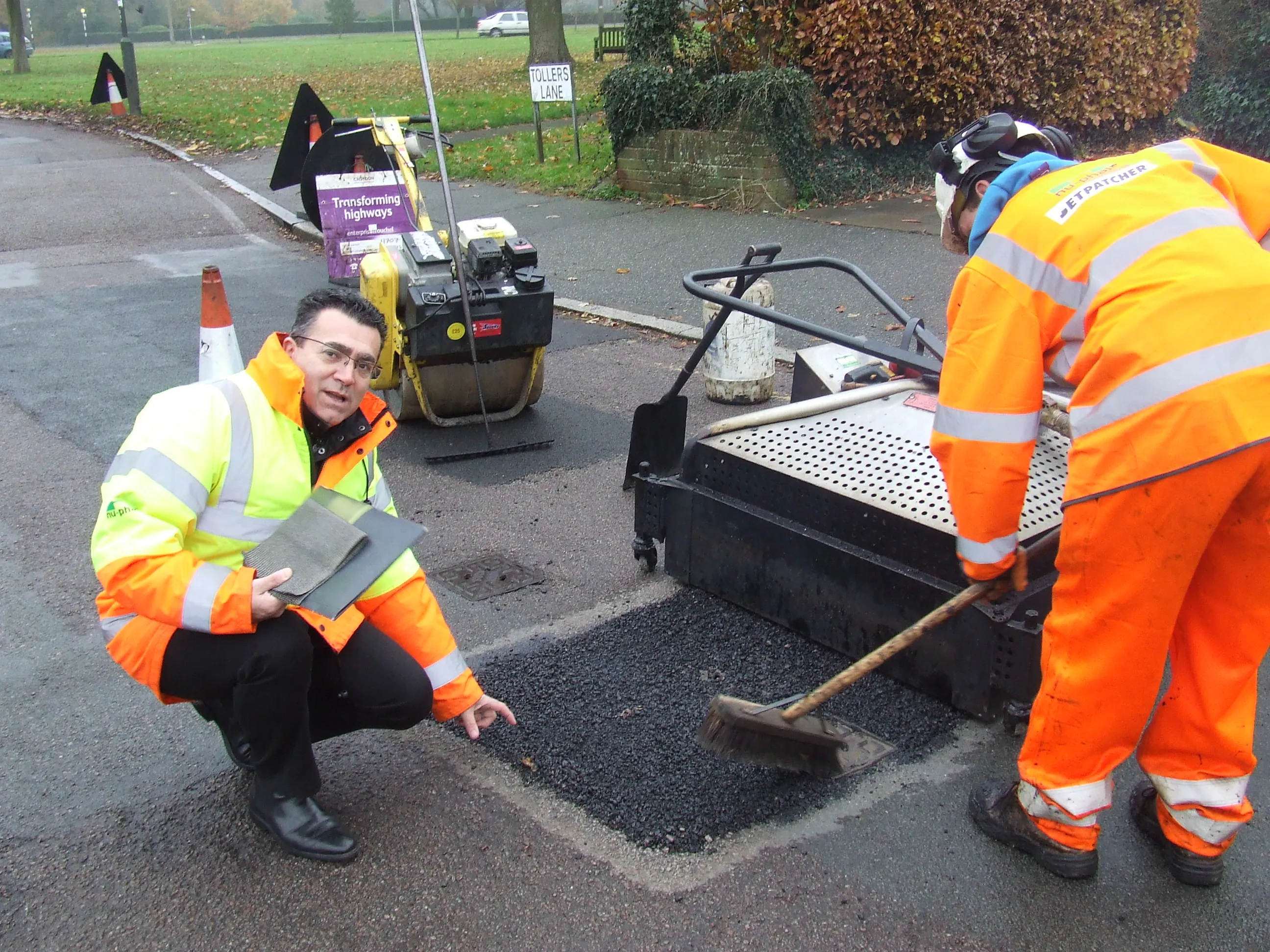
The Insurance Emporium obtained data from 175 local authorities and compared it to the incidence of injury and damage claims made against these authorities by cyclists.
During 2017-18, there were 335 pothole damage and injury claims filed against local authorities. Personal and dental injuries to cyclists accounted for 16% of these and damage to the bike 26%. The chances of successfully claiming for damage or injury after hitting a pothole appeared very low however, with just 9% prevailing.
Cheshire East Council had the highest overall number of claims made against it - 46 since 2015. Hampshire County Council was next highest at 37. Manchester City Council and London’s Tower Hamlets Council came third highest with 30 claims each.
The City of Edinburgh Council was UK’s overall pothole capital, with 73 potholes per km of road being reported on average from January 2015 to April 2018. London and Greater London had low pothole numbers as did several small islands such as the Isles of Scilly and Shetland.
“Potholes are not an inevitable fact of life,” said professor Nicholas Thom of England’s Nottingham University. “They are caused by water that gets into the road surface and is then squeezed by the action of high tyre pressures, made worse by freezing and thawing. Very impermeable surfaces, such as hot rolled asphalt, are extremely pothole resistant but they are more expensive and less nice to drive on.”
Meanwhile, more permeable surfaces, as permitted by
The report comes as the UK’s department of Transport is considering whether road contractors and utilities companies should be guaranteeing roads to be pothole-free for five years.
At the moment, the guarantee is two years but the
Street Works UK, which represents the utilities sector, argues that the an increase is not needed.
The department is also seeking more innovation into how to better repair potholes, such as using asphalt with a higher bitumen content.
Last October the UK government promised local authorities in England an extra US$546 million to repair damaged roads and to keep bridges safe.
The UK’s Asphalt Industry Alliance, many of whose members repair potholes, has claimed that one in five local roads in England and Wales is in a poor condition. The groups also says that more than $10 billion is needed to make the repairs.









